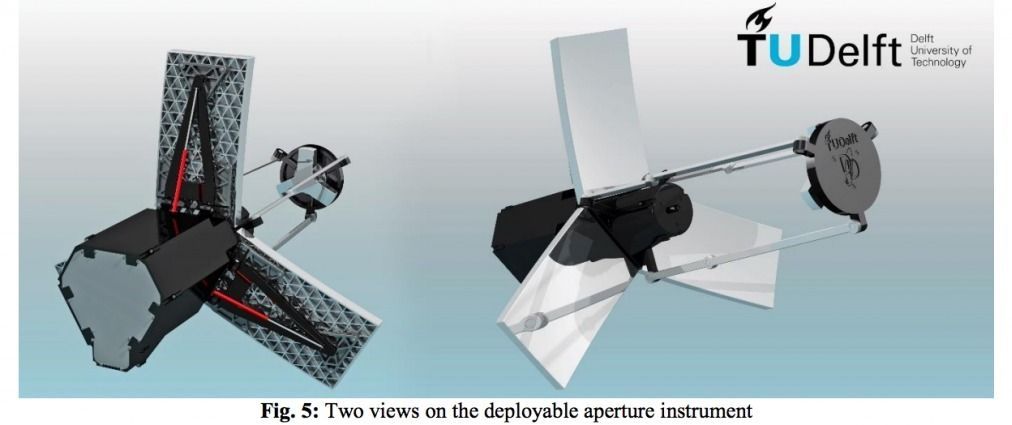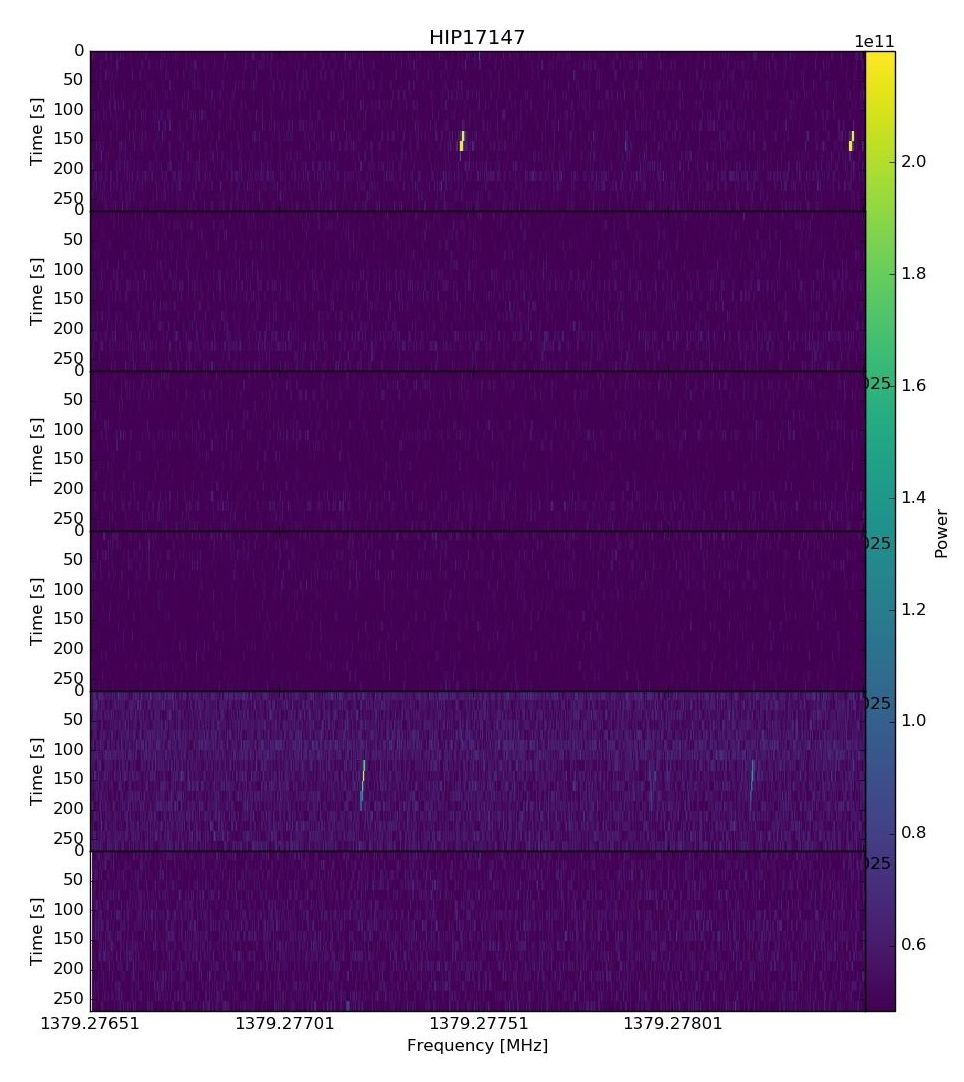Archive for the ‘surveillance’ category: Page 32
Aug 8, 2017
US drones to the Philippines?; Spy planes over the US; AI tool to detect fake video; US bases get OK to down unknown drones; and just a bit more…
Posted by John Gallagher in categories: drones, government, military, robotics/AI, surveillance
Are U.S. killer drones headed to the Philippines? There are already U.S. special operators fighting ISIS there. There could soon be American drones carrying out airstrikes there, too, according to a plan under consideration inside the Pentagon, NBC News reported Monday. “The authority to strike ISIS targets as part of collective self-defense could be granted as part of an official military operation that may be named as early as Tuesday, said the officials. The strikes would likely be conducted by armed drones.”
SecState Rex Tillerson gave the pitch some momentum Monday in Manila when he said the U.S. was providing the Philippine government “some recent transfers of a couple of Cessnas and a couple of UAVs (drones) to allow to them to have better information with which to conduct the fight down there.”
And in a bid to cut off concerns over working even more closely with alleged human rights abuser Philippine President Rodrigo Duterte, Tillerson said that’s pretty much just not an issue right now: “I see no conflict at all in our helping them with that situation and our views of other human rights concerns we have with respect to how they carry out their counternarcotics activities.” More from NBC News, here.
Aug 3, 2017
This company held a “chip party” to implant their employees with microchips
Posted by John Gallagher in categories: computing, surveillance

Jul 24, 2017
Cory Doctorow on technological immortality, the transporter problem, and fast-moving futures
Posted by Derick Lee in categories: biotech/medical, finance, government, life extension, neuroscience, security, surveillance
Cory Doctorow has made several careers out of thinking about the future, as a journalist and co-editor of Boing Boing, an activist with strong ties to the Creative Commons movement and the right-to-privacy movement, and an author of novels that largely revolve around the ways changing technology changes society. From his debut novel, Down And Out In The Magic Kingdom (about rival groups of Walt Disney World designers in a post-scarcity society where social currency determines personal value), to his most acclaimed, Little Brother (about a teenage gamer fighting the Department of Homeland Security), his books tend to be high-tech and high-concept, but more about how people interface with technologies that feel just a few years into the future.
But they also tend to address current social issues head-on. Doctorow’s latest novel, Walkaway, is largely about people who respond to the financial disparity between the ultra-rich and the 99 percent by walking away and building their own networked micro-societies in abandoned areas. Frightened of losing control over society, the 1 percent wages full-on war against the “walkaways,” especially after they develop a process that can digitize individual human brains, essentially uploading them to machines and making them immortal. When I talked to Doctorow about the book and the technology behind it, we started with how feasible any of this might be someday, but wound up getting deep into the questions of how to change society, whether people are fundamentally good, and the balance between fighting a surveillance state and streaming everything to protect ourselves from government overreach.
Jul 21, 2017
High Tech Surveillance With 5G Wi-Fi
Posted by John Gallagher in categories: internet, surveillance
First and foremost, consumers must realize what’s involved with 30 GHz. A Gigahertz (GHz) is a frequency equal to one billion hertz or cycles per second. Now multiply that 30 times; how many cycles per second do you get? Isn’t that 30 billion cycles per second? Now, imagine those GHz frequencies traveling over in-wall copper electric house wires that are built to take only 60 Hz!
Such GHz frequencies just may be considered as sinusoidal harmonics or “dirty electricity.”
To put the above into proper perspective about microwave technology and non-ionizing radiation waves such frequencies emit, we need to understand the frequency of electricity. One Hertz (Hz) equals one cycle per second. One kilohertz (KHz) is equivalent to one thousand cycles per second. One megahertz (MHz) equals one million cycles per second. One gigahertz (GHz) is equal to one billion hertz or cycles per second—frequencies not found naturally in Nature, except from man-made/generated electromagnetics.
Jun 22, 2017
Near term technology for global big brother
Posted by Klaus Baldauf in category: surveillance
Constellation of microsats could achieve global big brother monitoring of the world at 0.25 meter resolution.
Apr 28, 2017
Breakthrough Listen: L-band 2017
Posted by Jeremy Lichtman in categories: alien life, surveillance
Most significant events list for Milner’s Breakthrough Listen (SETI) project. This is 11 of the highest statistical significance events that they’ve recorded.
They’ve said these will mostly prove to be local interference of various sorts. They just haven’t excluded them yet.
A lot of them are 1380 Mhz, which is a common frequency for surveillance video cams (I looked it up).
Apr 4, 2017
Hypersonic Attack Drones by 2040? Is China In Front of the US in Developing Hypersonic Weapons?
Posted by Klaus Baldauf in categories: drones, energy, neuroscience, surveillance
The US wants to stay in front of China with hypersonic weapons able to travel at five-times the speed of sound and destroy targets with a “kinetic energy” warhead.
Air Force weapons developers expect to operate hypersonic intelligence, reconnaissance and surveillance drones by the 2040s, once scientific progress with autonomy and propulsion technology matures to a new level.
The advent of using a recoverable drone platform able to travel at high altitudes, faster than Mach 5, will follow the emergence of hypersonic weapons likely to be operational in the mid-2020s, according to the Air Force Chief Scientist Geoffrey Zacharias.
Feb 14, 2017
88 New Satellites Will Watch Earth, All the Time, All the Places
Posted by Klaus Baldauf in categories: satellites, surveillance
With the acquisition of Google’s satellite company and 88 new satellites, Planet is poised to become the world’s most powerful space surveillance company.
Jan 28, 2017
F-35 Pilots Will Control UAVs Flying Nearby
Posted by Karen Hurst in categories: military, robotics/AI, surveillance
This post is also available in:  עברית (Hebrew)
עברית (Hebrew)
Several fighter jet models will soon use artificial intelligence to control nearby UAVs that will be able to carry weapons, test enemy air defenses or perform intelligence, surveillance and reconnaissance missions in high-risk areas, Senior US Air Force officials said recently.
US Air Force Chief Scientist Gregory Zacharias said that much higher degrees of autonomy and manned-unmanned teaming are expected to emerge in the near future from work at the Air Force Research Lab. “This involves an attempt to have another platform fly alongside a human, perhaps serving as a weapons truck” Zacharias told DefenseSystems.com.

















